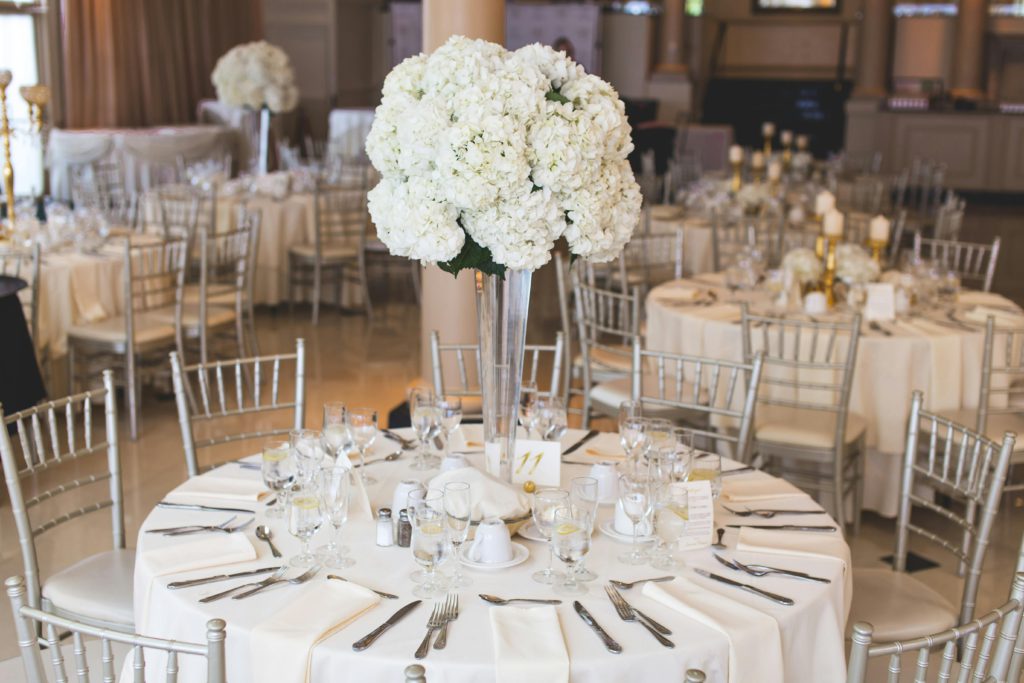An event planner is at the heart of the occasion. They are the brains behind the operation, ensuring everything has been considered, and the day runs smoothly.

Event planning is a dynamic and exciting field that plays a crucial role in bringing memorable experiences to life. From weddings and corporate conferences to festivals and fundraisers, event planners are the architects behind the seamless execution of gatherings both big and small. It’s their responsibility to ensure every little detail has been considered.
What is an event planner?
An event planner is a professional responsible for organising and coordinating all aspects of an event. From conception to execution. They work closely with clients to understand their objectives, preferences, and budget constraints.
Ensuring that the event aligns with their vision and goals. Event planners handle logistical details, manage vendors, and oversee the smooth flow of the event to create a memorable experience for attendees. They make each event a success in its own way.
Responsibilities of an event planner
Initial Consultation: Event planners begin by meeting with clients to discuss their event goals, themes, and preferences. During this consultation, they gather essential details. Such as event date, location, budget, and guest count.
Conceptualisation and design: Based on the client’s vision and requirements, event planners conceptualise the overall theme, décor, and ambiance of the event. They may create mood boards, sketches, or detailed proposals to visualise the concept and obtain client approval.
Vendor management: Event planners liaise with various vendors and service providers. Such as venues, caterers, florists, entertainers, and technicians. They negotiate contracts, coordinate logistics, and ensure that all vendors deliver services according to the agreed-upon terms.
Budget management: A crucial aspect of event planning is budget management. Event planners develop comprehensive budgets that outline projected expenses for each aspect of the event. Including venue rental, catering, décor, entertainment, and miscellaneous expenses.
Logistics and timelines: Event planners create detailed event timelines and production schedules. All to coordinate activities leading up to and during the event. They oversee setup, teardown, and event-day logistics, ensuring that everything runs smoothly.
Coordination and communication: Effective communication is key to successful event planning. Event planners serve as the primary point of contact for clients, vendors, and event staff, relaying information, addressing concerns, and managing expectations.
Problem-solving: Despite careful planning, unforeseen challenges may arise during events. Event planners must remain calm under pressure and quickly resolve any issues that arise. Whether it’s a last-minute vendor cancellation, inclement weather, or technical difficulties.
Post-event evaluation: After the event concludes, event planners conduct post-event evaluations to assess what worked well and areas for improvement. They gather feedback from clients, attendees, and vendors to inform future events.
Event planners play a multifaceted role in bringing events to life. From creative themes to logistics and vendors. Event planners consider every detail to create unforgettable experiences for their clients and guests. Their attention to detail, and problem-solving skills ensure that events run smoothly from start to finish.



